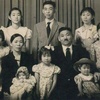
Koná goroshono tyomém shensheiga kawashita – would any Nikkei understand this sentence? It is a mixture of dialect and a word in Portuguese, but with a Japanese pronunciation, the translation of which would be: The teacher ordered the purchase of a thick notebook. Normally I introduce myself as a native …
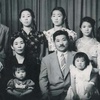
My father came as an immigrant at the age of 16 with the family that adopted him, as he was a minor and needed to come as a member of another family. At that time, immigrants were treated like slaves. I heard that many fled or died. I don't know …
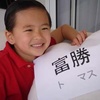
In my hometown, Bastos, which is the most Japanese of Brazil's cities, women up to my age group were educated to leave their family surname and adopt their husband's surname when they got married. I also accepted this naturally. I remember parents cried when their daughter got married and celebrated …
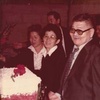
The surname DOI in Portuguese means itai, itamu , that is, “it hurts”, “to hurt”. I had a friend whose name was KUMEO. In fact, there are many Japanese names and surnames that begin with KU, for example, KUBOTA, KUJIKEN, which are a source of ridicule, as it is known …
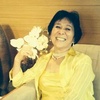
Tomeno is my Japanese name. Unusual name. I found another like it only once in my life, a long time ago, on a newspaper page that reported the death of an elderly woman. This name of mine was a laughing stock when I was a teenager, because it sounds like …
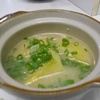
My mother came to Brazil when she was three years old and since childhood learned to eat all that nature could offer, already being able to tell what was edible. Even geckos, nine-banded armadillos; in short, just about anything that appeared in front of her. She was married at the …